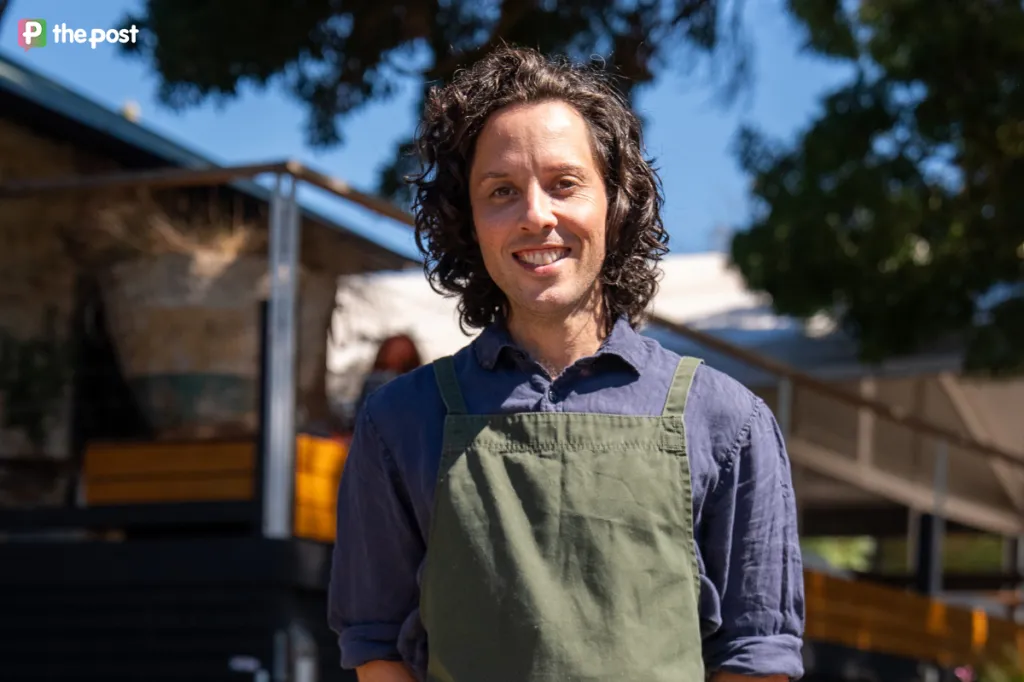The RBA has just announced a rate cut – here’s what to do next

For nearly two years, mortgage holders have been feeling the squeeze.
Every RBA meeting brought another round of anxiety, would rates go up again? Would repayments climb even higher? Would there ever be an end in sight?
On Tuesday we got our first rate cut from the RBA – down 0.25 per cent. Before you start dreaming about what you might do with that extra dosh, let’s weigh up your options.
How much are we talking about?
Let’s say you have a $600,000 mortgage and the RBA cuts the cash rate by 0.25 per cent. If your bank passes on the full reduction, your interest rate should (but not always!) drop accordingly.
Estimated savings? About $125 a month, or $1500 a year.
That’s not a life-changing amount but in the middle of a cost-of-living crisis, every dollar counts. And it can be easy for that amount to be absorbed back into your everyday life, so let’s get on the front foot and see how we can use it to help your financial goals.
Option 1: Put it back into your mortgage
If you keep making the same repayments as before (rather than lowering them), that extra $125 a month will go straight toward reducing your loan balance.
What’s the impact?
Over 30 years, that extra repayment could save you about $80,000 in interest and knock off more than two years from your loan term.
Even if you’re on a 20-year loan, you’d shave a year off your mortgage and save thousands in interest over time.
You might like
Who should consider this?
- those who want to pay off their home sooner and reduce the total interest paid;
- those who like the idea of long-term financial security and less debt stress;
- those who feel they may spend this amount if it was sitting in an offset account.
Option 2: Keep it in an offset account
An offset account is like a savings account linked to your mortgage. The money sitting there reduces the amount of interest charged on your loan.
What’s the impact?
Instead of making extra repayments, you keep the flexibility of accessing the money when needed while still reducing interest costs.
If you parked the extra $1500 annually in an offset, you’d still save thousands in interest without locking the money into your loan.
Who should consider this?
- those who want financial flexibility while still reducing interest;
- those who might need access to their cash for emergencies or other priorities;
- those who may want to upgrade their property or turn an existing property into an investment.

For some of us, the best decision will be to use the extra cash from a rate cut to pay household bills. Photo: Getty
Option 3: Invest it in the market
What if, instead of putting the extra cash into your mortgage, you invested it in the stock market with an average annual return of 8 per cent?
What’s the impact?
If you invested $125 a month into an ETF or Shares, earning an 8 per cent return, you could end up with:
- $21,000 in 10 years
- $68,000 in 20 years
- $169,000 in 30 years
That’s the power of compounding returns. Your money isn’t just saving you interest, it’s growing and compounding over time.
Stay informed, daily
Who should consider this?
- those who are comfortable taking on investment risk for potential higher returns;
- those who already have a solid financial foundation (an emergency fund, manageable debt, and cash flow stability);
- those who are looking to diversify their investments beyond property.
Option 4: Spend it – but be intentional about it
Let’s be real, not everyone has the luxury of “extra” money right now. Food, electricity, petrol and, dare I say, life are very expensive at the moment.
For many households, this rate cut won’t mean “extra cash” but simply a little less pressure and the ability to keep your head above water.
And that’s OK.
If you need this money to cover essentials, do it without guilt. Keeping food on the table and the lights on is just as important as long-term wealth building.
BUT… be intentional about how you spend it.
Ask yourself:
- is this covering essentials or just disappearing into lifestyle inflation?
- does this spending align with my values and needs?
- if I’m using this for everyday costs, can I at least set aside a small amount ($20, $50) for future me?
What’s the best option?
There’s never a one-size-fits-all answer, it depends on your financial goals and current situation.
Want to be mortgage-free faster? Keep making the same repayments.
Need flexibility? Use an offset account.
Want to build long-term wealth? Invest it.
Struggling with cost-of-living pressures? Use it where it’s needed but do it intentionally.
Jessica Brady is a qualified financial adviser and leading money expert. She is on a mission to educate and empower everyday Australians to be better with money through her online money programs and via the Financially Fierce Podcast. You can learn more at jessicabrady.com.au
This article is general advice only, all of the comments above do not take into account your objectives, financial situation or needs.
Before acting on any information, you should consider the appropriateness of the information provided and the nature of the relevant financial product having regard to your objectives, financial situation and needs. Jessica is licenced through Paragem Pty Ltd – AFSL 297276. ABN 16 108 571 875, Authorised Representative Number 001259972.
This article first appeared on View.com.au. Read the original here








